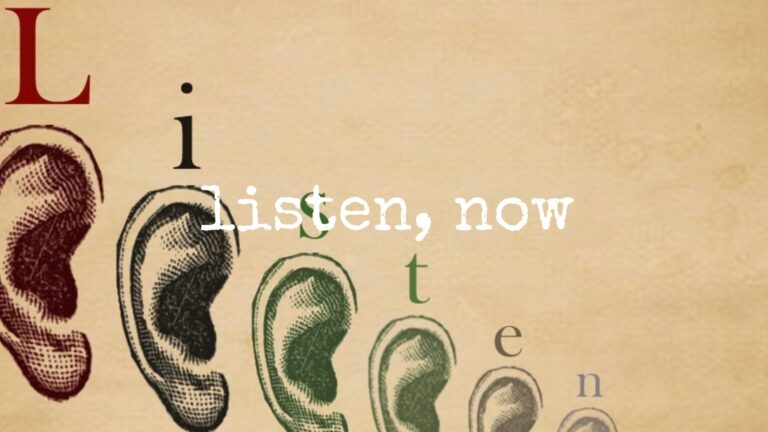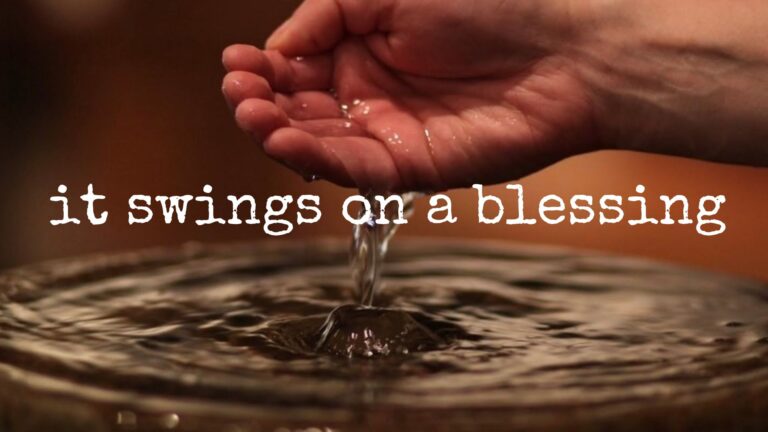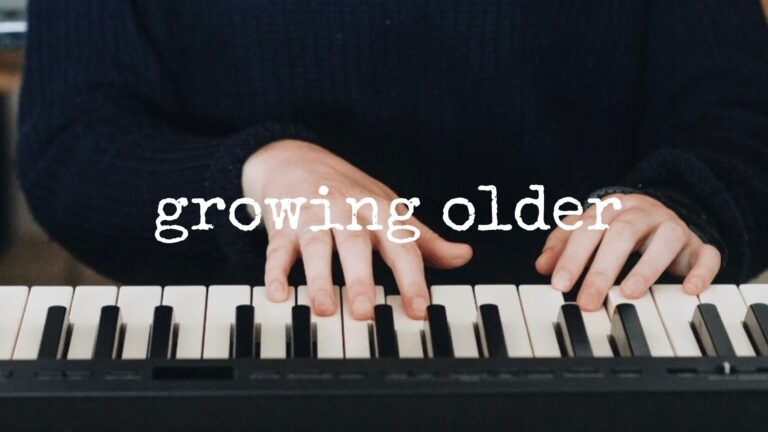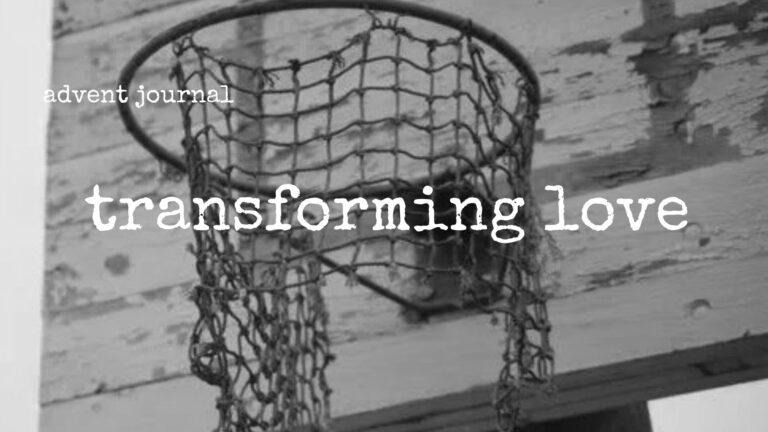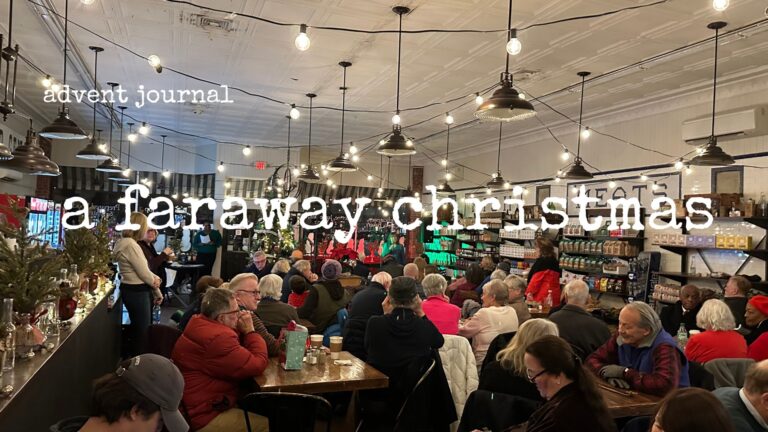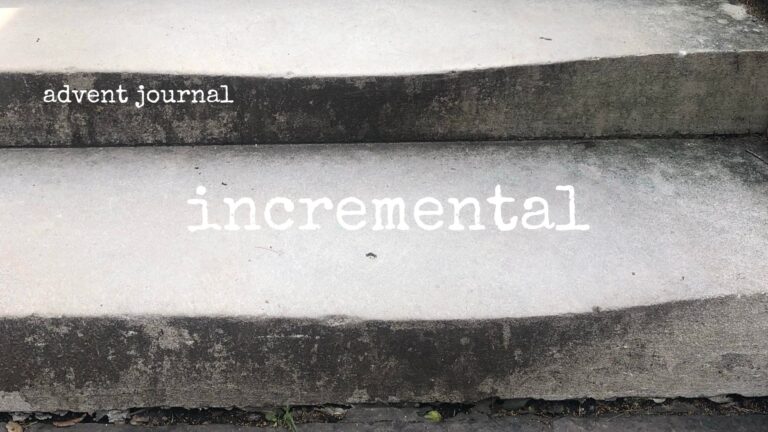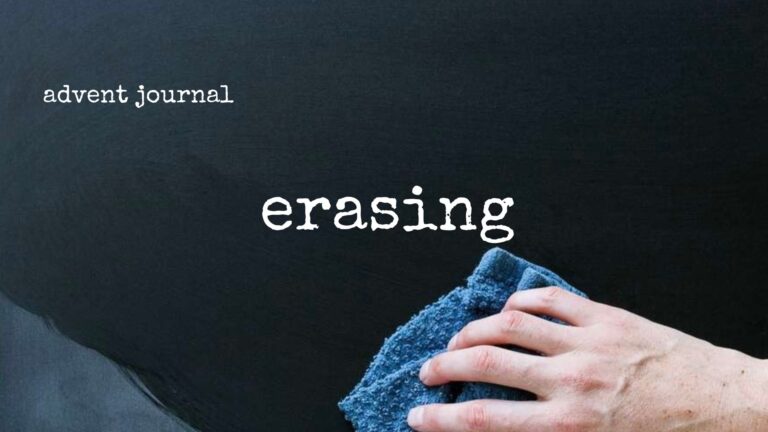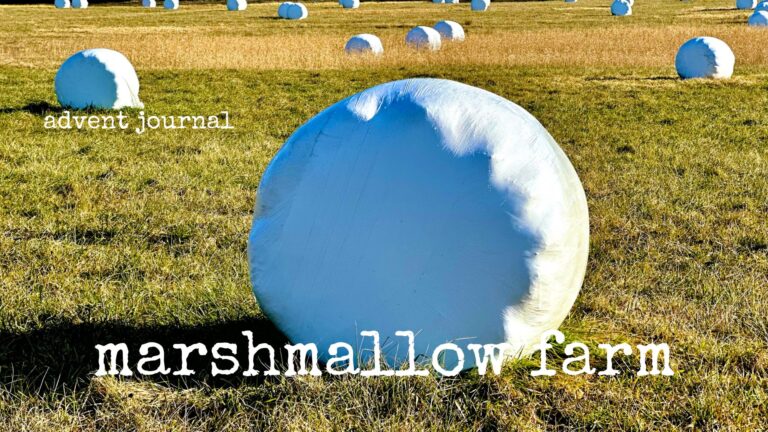I love that every three years the stories of Samuel and Dr. King intersect because they are both stories about listening. Here’s my sermon from this past Sunday.
___________________________
Today is the second Sunday of Epiphany if we mark time by the liturgical calendar. As we know, epiphany is a word that means “awakening,” and points us to the sages who followed the star to the manger–although they had no idea it was Epiphany with a capital E. They were simply responding to the calling they felt when they saw the star.
If we mark time by our American calendar, this is the Sunday when we honor the legacy of the Rev. Dr. Martin Luther King, Jr. Tomorrow we will celebrate him with a national holiday.
On the night of January 27, 1956, towards the end of the Montgomery, Alabama bus boycott, Dr. King got a phone call at his home telling him if he didn’t get out of town they were going to blow up his house and kill him and his family. He was twenty-seven years old. He recounted later that he hung up the phone and went into the kitchen to pray. In the silence, he said he heard a voice call him by name: “Martin Luther, stand up for truth, stand up for justice, and stand up for righteousness.” His epiphany that night led him to lead us and to change how we look at and listen to one another, and, perhaps, how we listen to God.
Our text for this morning deals with another call in the middle of the night—this one to Samuel, a young boy to whom God spoke out of the darkness. Let us listen to the part of the story told in I Samuel 3:1-10:
Now the boy Samuel was ministering to the Lord under Eli. The word of the Lord was rare in those days; visions were not widespread.
At that time Eli, whose eyesight had begun to grow dim so that he could not see, was lying down in his room; the lamp of God had not yet gone out, and Samuel was lying down in the temple of the Lord, where the ark of God was.
Then the Lord called, “Samuel! Samuel!” and he said, “Here I am!” and ran to Eli and said, “Here I am, for you called me.” But he said, “I did not call; lie down again.” So he went and lay down. The Lord called again, “Samuel!” Samuel got up and went to Eli and said, “Here I am, for you called me.” But he said, “I did not call, my son; lie down again.” Now Samuel did not yet know the Lord, and the word of the Lord had not yet been revealed to him. The Lord called Samuel again, a third time. And he got up and went to Eli and said, “Here I am, for you called me.” Then Eli perceived that the Lord was calling the boy. Therefore Eli said to Samuel, “Go, lie down, and if he calls you, you shall say, ‘Speak, Lord, for your servant is listening.’ ” So Samuel went and lay down in his place.
Now the Lord came and stood there, calling as before, “Samuel! Samuel!” And Samuel said, “Speak, for your servant is listening.”
The story from the life of Samuel was one that engaged me as a young boy because I imagined him at my age. I didn’t understand how his mother could have sent him to live in the Temple, but I could see him waking in the night and going to Eli, thinking the old man had called him. But the story is bigger than a little boy trying to figure out who keeps calling him.
Samuel’s mother was named Hannah. She had a hard life, to put it mildly. Her husband had two wives and the other woman had given birth to several children, but Hannah had none. As a result, the husband played favorites and discriminated against Hannah because she had not given birth. Hannah went to the temple and pleaded with God to give her a child. Her prayer was so fervent that Eli, the priest, saw her without hearing her and thought she was drunk. Hannah told him her story and Eli said he hoped she got what she asked for.
She became pregnant and gave birth to Samuel. Then she decided the best way to say thank you was to give the boy back to God. We need to understand here that even though the boy was her ticket to some equity in the way she was treated by her husband, she chose a story bigger than her own—beyond the injustice and misogyny of the time. Once the child was weaned, she took Samuel to the temple and left him there for Eli to mentor as a way of expressing her gratitude to God.
Eli was far from being an exemplary priest, to put it kindly. By the time Samuel came to live with him, Eli was old. His sons were priests alongside him, and they all used their positions as opportunities to enrich themselves and take advantage of whomever they could, and they had done so for a really long time, even before Samuel came to the temple.
Our passage noted that a word from God had become a rare thing by the time Samuel heard his name called out in the night. No one thought of Eli as much of a messenger where God was concerned. Samuel went to Eli because he didn’t think anyone else was in the building. The drowsy priest said, “I didn’t call you. Go back to bed.” It happened a second time, and then a third. By then, Samuel wasn’t the only one who was awake, and Eli had a sense that more was going on, even though he hadn’t heard from God in a long time, so he gave Samuel different instructions: “Next time answer, ‘Speak, Lord. Your servant—your follower, your disciple—is listening.’”
Samuel did just that, and his childlike response makes his response to God sound so doable, but to actually say to God, “I’m listening”—and mean it—is a brave thing to say, as we see from the life of Dr. King.
When Samuel listened, God told him to go to breakfast the next morning and let Eli know that his blindness was both a physical reality and a metaphor: he and his sons had lost sight of their calling and their humanity, and they were going to be punished for their abuse of their office. The whole house was about to come down on them. Things were not going to end well.
When they met the next day and Eli asked Samuel what God had said, Samuel didn’t hold back. He chose to tell the truth—his second act of courage and faithfulness.
I had a chance a few years ago to visit the house where Dr. King was living in Montgomery, Alabama when he got the call that threatened his life–and when he heard God’s call that followed it. Shirley Cherry, the woman who was leading our tour, told us the story and said, “He had a choice. Dr. King had a privileged life. He didn’t have to do what he did.” Her choice of words jumped out at me: he had a privileged life. Yes, he got to study at Boston University. He did have some advantages others did not. Yet, when he came to Durham, North Carolina, just days before he was assassinated, to meet with an interracial group of ministers, they had to meet in the private home of one of the pastors because there was not a restaurant in town that would allow them to eat together.
Yet, she said, he had a choice.
The night he stood up to speak to the sanitation workers in Memphis, which was the night before he was killed, Dr. King began his speech with these words:
As you know, if I were standing at the beginning of time, with the possibility of general and panoramic view of the whole human history up to now, and the Almighty said to me, “Martin Luther King, which age would you like to live in?” — I would take my mental flight by Egypt through, or rather across the Red Sea, through the wilderness on toward the promised land. And in spite of its magnificence, I wouldn’t stop there. I would move on by Greece and take my mind to Mount Olympus. And I would see Plato, Aristotle, Socrates, Euripides and Aristophanes assembled around the Parthenon as they discussed the great and eternal issues of reality.
He kept saying, “I wouldn’t stop there,” as he moved through different historical epochs and then he said,
Strangely enough, I would turn to the Almighty, and say, “If you allow me to live just a few years in the second half of the twentieth century, I will be happy.” Now that’s a strange statement to make because the world is all messed up. The nation is sick. Trouble is in the land. Confusion all around. That’s a strange statement. But I know, somehow, that only when it is dark enough, can you see the stars. And I see God working in this period of the twentieth century in a way that [people], in some strange way, are responding — something is happening in our world. The masses of people are rising up. And wherever they are assembled today, whether they are in Johannesburg, South Africa; Nairobi, Kenya; Accra, Ghana; New York City; Atlanta, Georgia; Jackson, Mississippi; or Memphis, Tennessee — the cry is always the same — “We want to be free.”
And another reason that I’m happy to live in this period is that we have been forced to a point where we’re going to have to grapple with the problems that [people] have been trying to grapple with through history, but the demand didn’t force them to do it. Survival demands that we grapple with them. [People], for years now, have been talking about war and peace. But now, no longer can they just talk about it. It is no longer a choice between violence and nonviolence in this world; it’s nonviolence or nonexistence.
Samuel made a choice and rose to greatness. Martin Luther King made a choice and was murdered for it. The call to follow God is not a guarantee for everything to turn out just as we hoped, or even that things will turn out well. Not is it a promise that if we follow God we will be set for life.
It is a choice to do justice, love kindness, and walk humbly. Or not. How things go from there have to do with a lot of other details and variables. What we can control is what we say and do, how we act: what we choose. Those choices are acts of faith because we don’t know what is going to happen next, or because anything can happen.
What if Samuel had chosen to not answer the voice and just pulled his blanket over his head and gone to sleep? Would Eli and his sons have repented? What if Dr. King had not gone to Montgomery or to Memphis? How would that have changed the history of our country?
I am asking for more than historical speculation here. The point is our choices matter. Our faithfulness matters. Answering a voice in the night was a small act, whether we are talking about a Martin or a Samuel, as are most of the things we do when we do justice, love kindness, and walk humbly with God. Our daily deliberateness is what makes growth and change possible. Even though Rev. Dr. King went to Memphis and made that speech, the power of the bus boycott was in the daily decisions of people to walk to work, to coordinate rides, to keep encouraging one another to keep choosing justice and kindness and hope.
And that is what is required of us as the people of God in Hamden in these days. We need to listen closely for the ways in which God is calling us to live out our faith in our daily relationships so that we are fostering justice, sowing kindness, and living humbly rather than joining the escalating choir of fear and divisiveness that seems to get louder every day. This quote from the Talmud says it best,
Do not be daunted by the enormity of the world’s grief. Do justly NOW. Love mercy NOW. Walk humbly NOW. You are not obligated to complete the work, but neither are you free to abandon it.
May we be those who do the work of love and justice. May we learn—no, may we choose to be more like Samuel: to still ourselves, focus, and then to say, “Speak, God, I am listening” as we do what we can to answer the grief that surrounds us. Amen.
Peace,
Milton
